A piece I wrote about introspection in the wake of the recent Hamas atrocity was published at Forward, and can be read here.
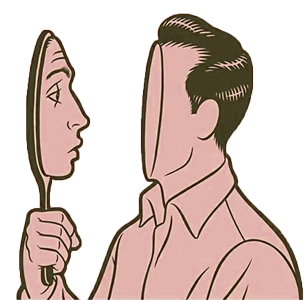

A piece I wrote about introspection in the wake of the recent Hamas atrocity was published at Forward, and can be read here.

To the Editor:
Re “Israel and Hamas Battle in Gaza as Netanyahu Warns of a Long War” (news article, Oct. 9):
Hundreds of Israelis — men, women, children, infants and the elderly — were dragged from their homes by Hamas operatives, and Israeli citizens were murdered in cold blood. Entire families were taken hostage.
Palestinians in Gaza gathered to celebrate the attacks. In the West Bank, residents danced and sang in the streets. In Beirut, children handed out candy to passing motorists and residents set off fireworks.
Whatever one’s opinion about Israel’s policies, those facts and what they say about the country’s enemies should be greatly enlightening.
(Rabbi) Avi Shafran
New York
The writer is the director of public affairs at Agudath Israel of America.
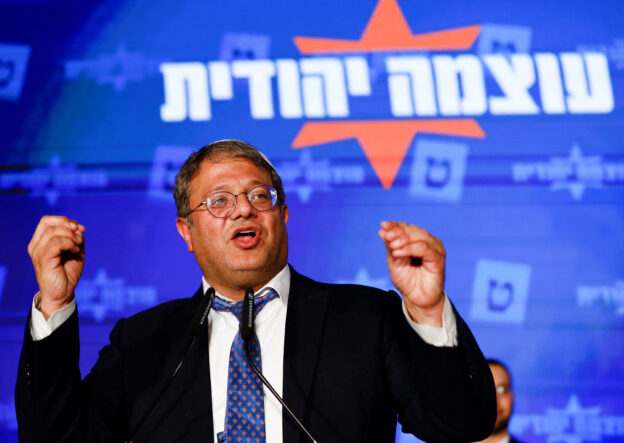
I’m no fan of Israel’s National Security Minister Itamar Ben-Gvir. But he doesn’t deserve to be accused of saying something he didn’t say.
As I point out here.

It’s always irksome when news media report one side of a story without making the effort to see if there may be (as there always is) another side. This tends to happen quite often when the story is about religious Jews.
To read about a recent such example of journalistic malpractice (and an older one), click here.
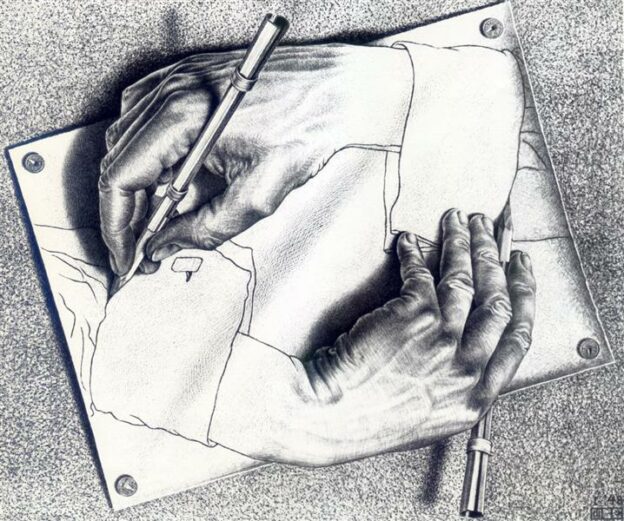
Twelve Congressional Representatives introduced a formal resolution taking a side in the ongoing and robust debate in Israel over judicial reform.
Didn’t their mothers ever tell them not to meddle in the affairs of others?
To read why their resolution is objectionable, click here.
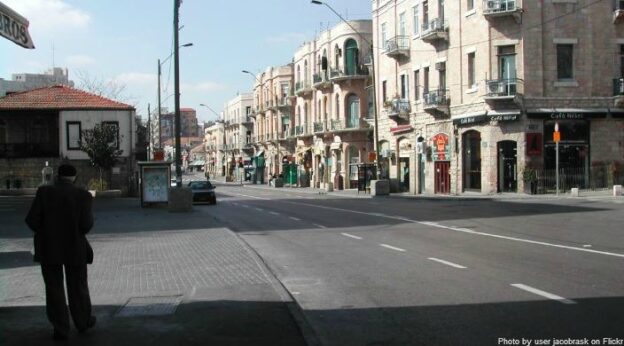
An essay I wrote about Shabbos laws in Israel, and Shabbos was published by Religion News Service. It can be read here.

Indigenousness is in the eye of the beholder
In an irony as rich as premium full-fat ice cream, Ben & Jerry’s, the frozen confection company that objected last year to its product being sold in indigenously Jewish land, found itself melting under consumer heat for asserting the rights of Indigenous Americans.
On the Fourth of July, the company posted a video on social media to celebrate “National Ice Cream Month.” (Now, that one’s definitely going on my calendar, though I’ll opt for a cholov Yisrael brand.)
But Ben and Jerry’s seized the opportunity, in line with its declared exquisite social conscience, to inform ice cream aficionados that “it’s high time we recognize that the US exists on stolen Indigenous land, and commit to returning it.”
The campaign was elaborated upon on Ben & Jerry’s website, which explained that its “land back” stance was about “ensuring that Indigenous people can again govern the land their communities called home for thousands of years.” It focused mainly on the taking of land, including Mt. Rushmore, from the Lakota tribe in South Dakota.
Oddly, though, Messrs. Cohen and Greenfield – the Ben and Jerry who founded the company in the 1970s – seemed less enamored of indigenous rights last year when they blasted the brand’s parent company Unilever for selling the franchise’s operations in Israel to a local licensee, which allowed the stuff to be sold in Yehudah and Shomron, in the ice cream kings’ view, “occupied territories.”
Those territories are “occupied,” in their view, by the evil colonizer Israel. But, whatever one’s thoughts about the future political status of those areas, from the standpoint of actual history – which seems important to Ben and Jerry – it is myopic to see them as indigenously Arab.
On the contrary, the only readily identifiable people today who have true historic claim of descent from the land’s most ancient inhabitants are Jews.
There are no Cna’anim left today. They were vanquished in Yehoshua’s time. With all due respect (what little is due) to P.A. President Mahmoud Abbas, who told the U.N. Security Council in 2018 that “we are the descendants of the Canaanites that lived in the land 5,000 years ago,” not only is his claim nonsense, but it’s also one that, tellingly, no Palestinian Arab (himself included) ever made over centuries. Mr. Abbas was trying to invent an imaginary indigenousness. Nice try, Mahmoud.
When the Jews who lived in the land since Yehoshua’s time were forced to leave it, something that we Jews have lamented for all the centuries since and focus on in particular these days every Jewish year, those who subsequently took up residence in Eretz Yisrael were the occupiers.
That includes the “Palestinians,” many of whom are in reality descended from successive waves of people who came to the area only at the end of the 18th century from places like Egypt, where famine and persecution fueled emigration; and, in the 19th century, from Algeria, Transjordan and Bosnia. So much for Arab indigenousness in Eretz Yisrael.
In the end, Unilever sold its Ben & Jerry’s division to another company that has rights to sell products in Israel and the territories overseen by the Palestinian Authority. Ben and Jerry were not happy. “We continue to believe it is inconsistent with Ben & Jerry’s values,” they tweeted, “for our ice cream to be sold in the Occupied Palestinian Territory.” They got licked.
And aren’t likely very happy now, either. Because many American consumers were apparently less than enthusiastic about the boys’ recent proposal that the nation be transferred to descendants of Native American tribes and go from being the United States of America to the Disunited Tribes of America. Ben and Jerry’s parent company lost nearly $2 billion in market capitalization in the wake of their July 4 message.
And adding sprinkles to the rich ice cream irony is an inconvenient fact of American history.
Before the establishment of the Republic, the Abenaki – a confederacy of various Indigenous tribes that united against a rival tribal confederacy – controlled an area that stretched from the northern border of Massachusetts in the south to New Brunswick, Canada, in the north, and from the St. Lawrence River in the west to the East Coast.
Ben & Jerry’s headquarters are located in a business park in southern Burlington, Vermont. Well within the western portion of Abenaki territory.
Delicious.
© 2023 Ami Magazine
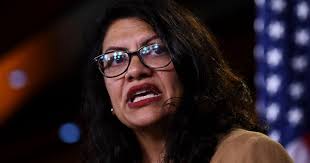
In the wake of Israel’s recent raid on Jenin, various Arab and Islamic countries, playing as they must to their “streets,” registered their condemnation of the operation; the US State Dept. defended Israel’s right to proactively defend herself from terrorism. And members of Congress either joined that judgment or didn’t comment at all.
With one exception. No less repugnant than it was predictable.
You can read about the lone stand-out here.

Peripatetic, petulant Professor Cornel West is running for president!
You can read more about that development here.
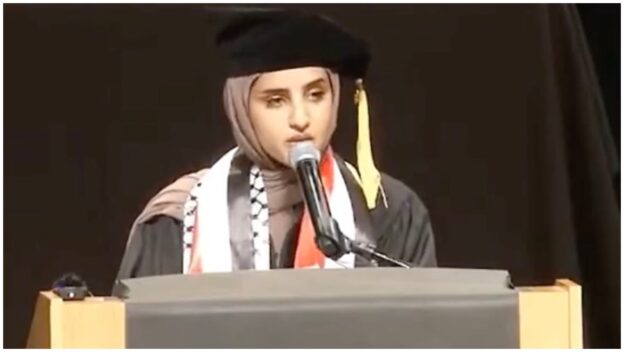
For a great example of sheer, rabid hatred of Israel, lightly disguised antisemitism and the sort of imbecility sometimes born of youth, you couldn’t do better than CUNY School of Law student Fatima Mohammed’s vomitus of venom, in the form of her May 12 commencement speech.
Or, for an example of a well-earned misstep, any better than Palestinian activists’ ill-fated demand that Ms. Mohammed’s diatribe, which had been livestreamed on the school’s YouTube account but then removed, be reposted. Which it was, on the 25th.
The overheated orator praised CUNY Law’s faculty and students for endorsing the BDS movement (that endorsement an ugliness of its own), and accused Israel of “indiscriminately rain[ing] bullets and bombs on worshippers, murdering the old and young, attacking even funerals and graveyards, encouraging lynch mobs to target Palestinians, as it imprisons their children and continues the project of settler colonialism…” And so on. You know the litany of lies.
She also used the occasion of her graduation (as a future lawyer – the thought boggles) to lambaste the New York Police Department and the U.S. military as “fascists”; to allege that “daily, brown and black men are being murdered by the state”; and to defend five leaders of the now-defunct Holy Land Foundation who are serving time for providing material support to Hamas.
“May we rejoice,” she righteously declared, “in the corners of our New York City bedroom apartments and dining tables, may it be fuel for the fight against capitalism, racism, imperialism and Zionism around the world!”
On the 26th, a CUNY representative soberly explained that “Members of the Class of 2023 selected student speakers who offered congratulatory remarks and their own individual perspectives on advocating for social justice. As with all such commencement remarks, they reflect the voices of those individuals.” One had to wonder if the rep would have been as sanguine had the commencement speech attacked blacks or Arabs.
Then came the richly deserved backlash.
New York Congressman Ritchie Torres tweeted: “Imagine being so crazed by hatred for Israel as a Jewish State that you make it the subject of your commencement speech at a law school graduation. Anti-Israel derangement syndrome at work.”
Former New York Republican congressman Lee Zeldin called for CUNY’s taxpayer funding – its 2023 budget amounted to about $ 4.3 billion, most from the state, some from the city – to be revoked “until the administration is overhauled and all Jewish students and faculty are welcome again.”
World Jewish Congress head Ronald Lauder called for the law school’s dean, Sudha Setty, who applauded the ungracious graduate’s speech, to be fired.
New York City Mayor Eric Adams condemned the diatribe, as did New York governor Kathy Hochul and a host of other elected officials.
Eventually, CUNY Chancellor Felix V. Matos Rodriguez and the Board of Trustees issued a statement asserting that, while “free speech is precious…. but hate speech… should not be confused with free speech and has no place on our campuses or in our city, our state or our nation. The remarks by a student-selected speaker at the CUNY Law School graduation, unfortunately, fall into the category of hate speech, as they were a public expression of hate toward people and communities based on their religion, race or political affiliation.”
To be sure, rushing predictably to Ms. Mohammed’s defense were anti-Israel groups, including, sadly, Jewish ones. CUNY Law’s Jewish Law Student Association called the reactions to the hater “pander[ing] to the most cynical reactionaries (ie. @NYCMayor).”
“Jews for Racial & Economic Justice” tweeted that its heroine was being thrown to “the wolves. Utterly shameful.” Well, something was, anyway.
As it happens, with her commencement address, Ms. Mohammed was following in her own muddy footsteps. In a May, 2021 tweet, she expressed her wish that “every Zionist burn in the hottest pit of hell.” And the next day, she referenced the fact that she “pray[s] upon the death of the USA.”
In the wake of the uproar over her repulsive remarks, Ms. Mohammed was reached by a reporter at a relative’s home. She told the journalist, “I do not want to speak to anybody.”
It was a little late for reticence. She had already spoken more than enough, and revealed a thickly sullied soul.
© 2023 Ami Magazine